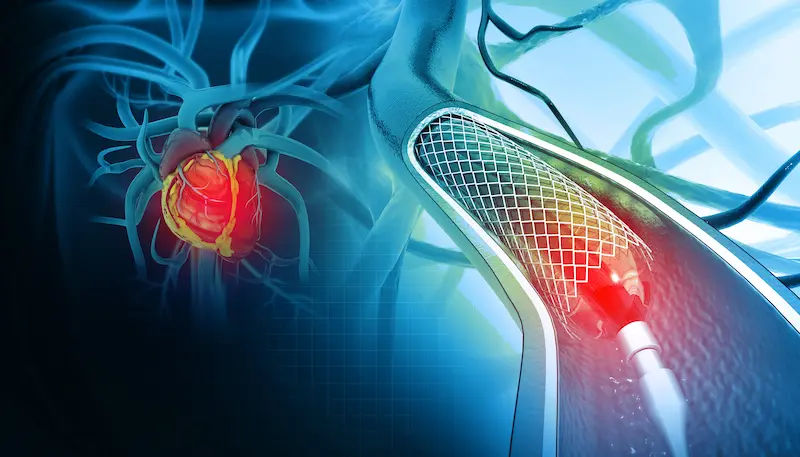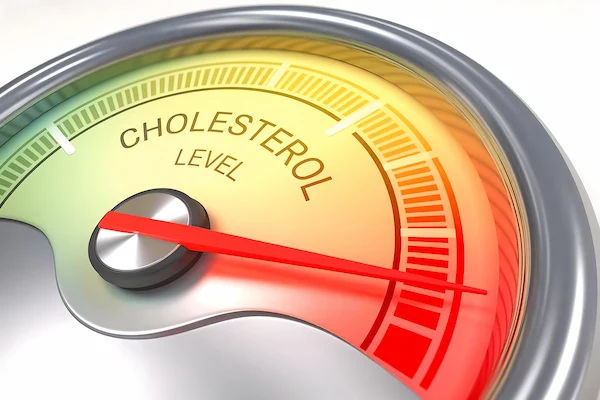- male
- 45 Years
- 22/01/2025
I've just got my test results and it says my triglycerides are at 186 mgdL. I'm a bit worried about whether this is within the normal range or not. Also, the report shows my LDL is 99.80. Could you help me understand what these numbers mean for my health?
Answered by 1 Apollo Doctors
based on your triglyceride level of 186 mgdl, it is considered borderline high. The normal range for triglycerides is typically less than 150 mgdl. As for your LDL level of 99.80, it is within the optimal range. To help lower your triglyceride levels, you can consider taking Atorvastatin 10mg once daily. It is important to also follow a healthy diet and lifestyle to manage your lipid levels effectively.
Dr. Ranjith Suggests...
Consult a Cardiologist
Answered 04/07/2025
0
0

More Cardiology Health Queries
View allI've been having these frequent palpitations lately, and my heart seems to be pounding harder than usual. I had an echo done a couple of months ago, and it came out normal. I just did an ECG a couple of days ago, and I've attached the results. Should I be worried about this?
The ECG you have attached shows sinus tachycardia, which means your heart is beating faster than normal. Since your echo two months back was normal, this may be due to other factors such as stress, anxiety, caffeine intake, or thyroid issues. I recommend you to take a beta-blocker like Metoprolol 25mg once daily to help control your heart rate and palpitations. It is important to follow up with your doctor for further evaluation and management.
Answered by 1 Apollo Doctors
I'm noticing a visible pulse on the right side of my neck, and I'm worried it might mean somethings wrong with my heart. Could it be related to my thyroid issues? What other symptoms should I keep an eye out for, and what tests would you recommend I get done? Any guidance would be really helpful.
yes it is a concern immediate cardiologist opinion is required.
Answered by 1 Apollo Doctors
I'm looking at my cholesterol numbers and I'm a bit worried. My total cholesterol is 226.3 mgdL, LDL is 145.7 mgdL, and triglycerides are 190.5 mgdL. Is this something I should be really concerned about? What does this mean for my health?
Cholesterol total of 226.3mgdl, LDL cholesterol of 145.7mgdl, and triglycerides of 190.5mgdl indicate slightly elevated levels, which may increase the risk of heart disease. To help lower these levels, you can consider taking Atorvastatin 20mg once daily to lower LDL cholesterol and Fenofibrate 145mg once daily to lower triglycerides. Additionally, lifestyle changes such as a healthy diet, regular exercise, and weight management can also be beneficial.
Answered by 1 Apollo Doctors
Disclaimer: Answers on Apollo 247 are not intended to replace your doctor advice. Always seek help of a professional doctor in case of an medical emergency or ailment.




